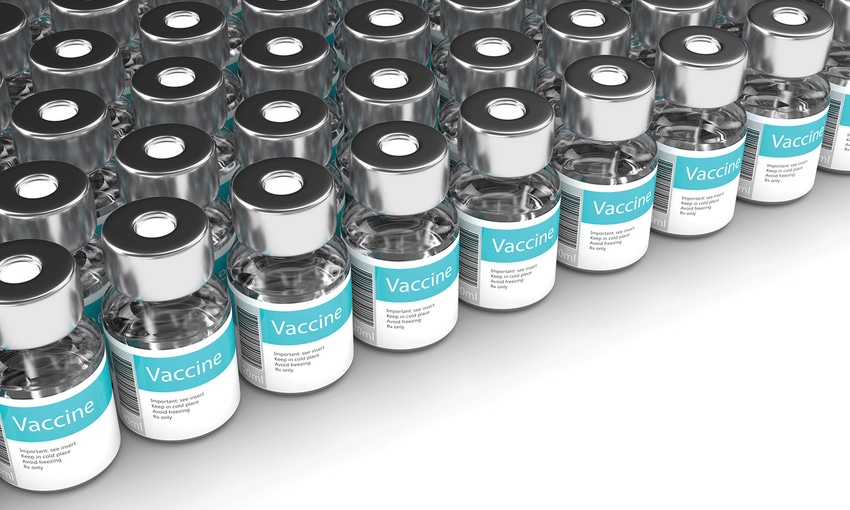COVID lessons offer hope for ASF vaccine sooner
Zoetis leader discusses lessons learned and potential for emergency use vaccines if ASF reaches U.S.

African swine fever is currently not in the continental United States, but the threat continues to loom with recent confirmations in the Dominican Republic and Haiti. Although a vaccine solution could be years away, a Zoetis top executive says an emergency use approval could bring into the hands of producers quicker if conditions warrant.
Tim Bettington, Zoetis executive vice president and president U.S. operations, shared at a recent Agribusiness Council of Kansas City and Agri-Pulse joint Ag Outlook Forum that although ASF has been in Europe for many years, there remains no effective solution or quick fix for containing and preventing further spread.
It could take up to three more years to find an active solution in the form of a vaccine through normal approval channels, However, based on recent precedence seen in the approval of COVID vaccines, Bettington says an emergency use vaccine could significantly shorten that timeline by working with the industry and through partnerships with the National Bio and Agro-Defense Facility.
Bettington adds that the United States has put in place an effective preparation plan over the last year plus, whereas many in Europe and China were caught by surprise. “If it does hit the ground, I think we’ll be the most prepared,” he says. “It won’t be the perfect response, but we’ll be relatively well-prepared.”
While speaking to the National Association of State Departments of Agriculture, Secretary of Agriculture Tom Vilsack adds there is good news recently in terms of the possibility of a vaccine that might work against the Asian variety of ASF.
“We want to continue that research,” Vilsack says, with hopes of accelerating to find that “secret sauce” to create a vaccine and then creating enough capacity to “be able to respond quickly and effectively with a vaccine.”
Protection zones
Another important component of preserving the United States’ pork industry is establishing the regional nature of ASF if it were to be found in one region, to limit the impacts of trade closures, Vilsack says.
The Animal and Plant Health Inspection Service submitted a dossier to the World Organization for Animal Health or OIE detailing the actions taken to finalize a new ASF protection zone in Puerto Rico and the U.S. Virgin Islands. This is the first foreign animal disease protection zone established by the United States.
In order to declare a protection zone, the OIE requires the declaring country to address the measures being implemented to prevent the introduction or spread of disease within the zone, including the implementation of biosecurity and sanitary measures within the zone, as well as intensified movement control and surveillance. In its submission to the OIE,
Additionally, the dossier included information about the recent Federal Order suspending the interstate movement of all live swine, swine germplasm, swine products and swine byproducts from Puerto Rico and the U.S. Virgin Islands to the mainland United States until APHIS can establish sufficient mitigations to authorize such movement.
Vilsack says actions taken by the U.S. to establish protective zones helps reassure to our trading partners that at this point in time, we’re doing everything possible to ensure that it doesn’t get into the U.S. and offer additional assurances on the safety of continued pork trade.
“From a trade perspective, we will continue to underscore the importance to our international trading partners to understand and appreciate the regional nature of particular diseases in particular challenges, rather than basically having a one-size-fits-all blanket approach that if a problem occurs in one part of the country or one part of a region that it impacts and affects a ban on the entire region, when in fact it's not necessarily impacting 90% of the region,” Vilsack says. “We're really trying to convey a sense that if there's a problem in terms of banning or in terms of limiting exports, you’re limited to the area that is most directly affected.”
About the Author(s)
You May Also Like





